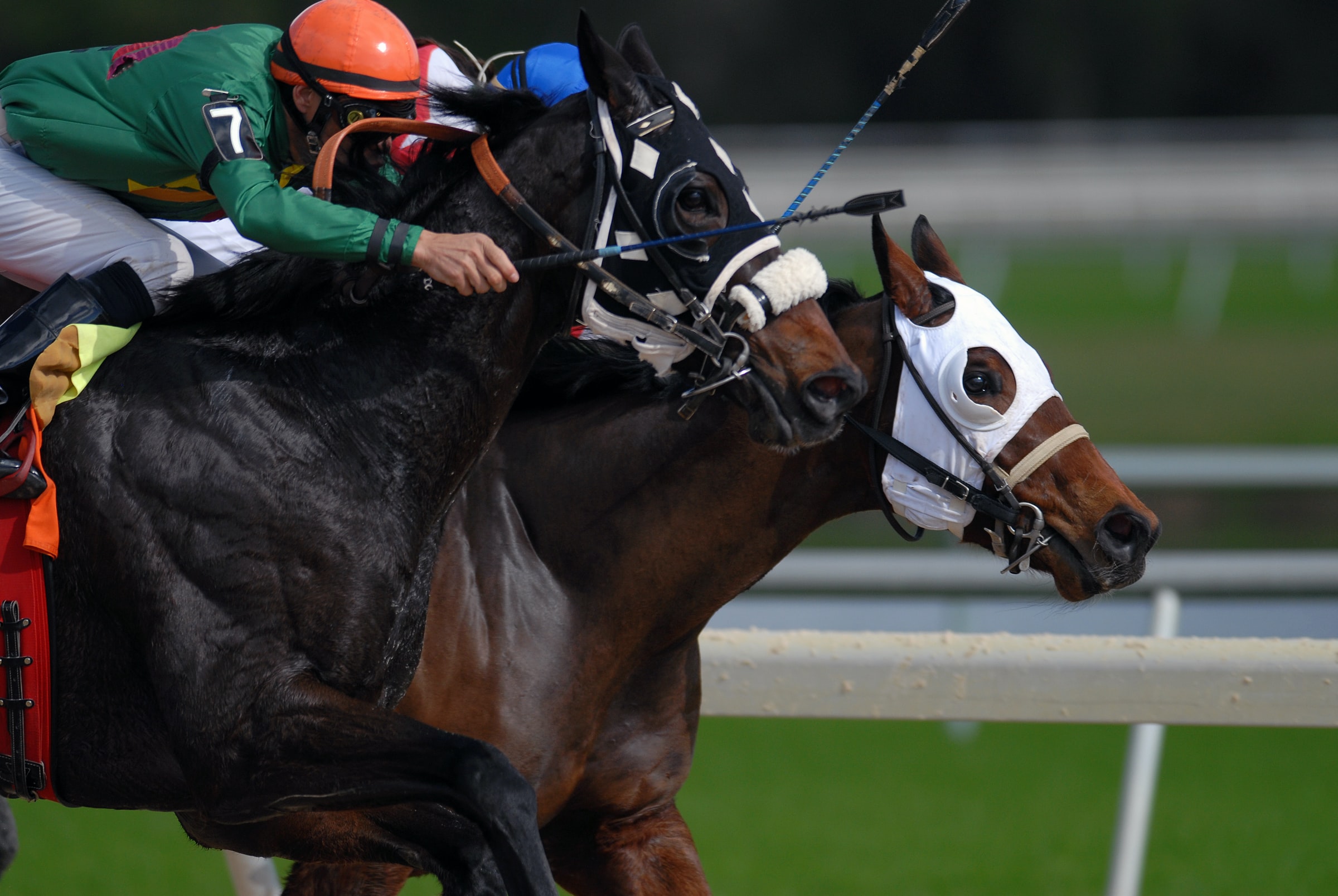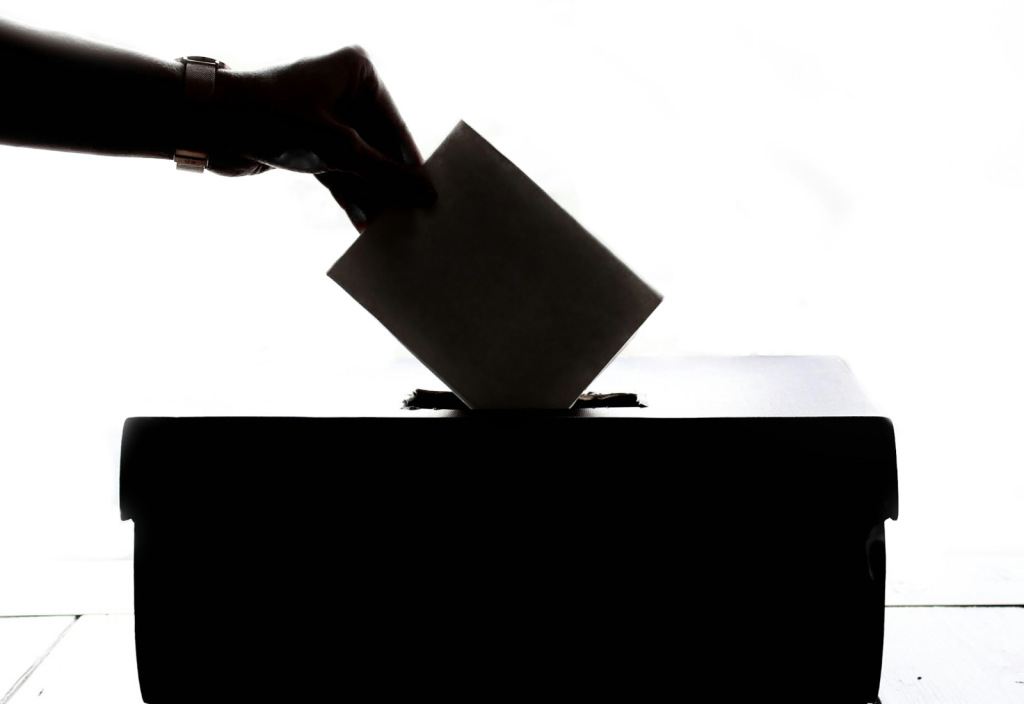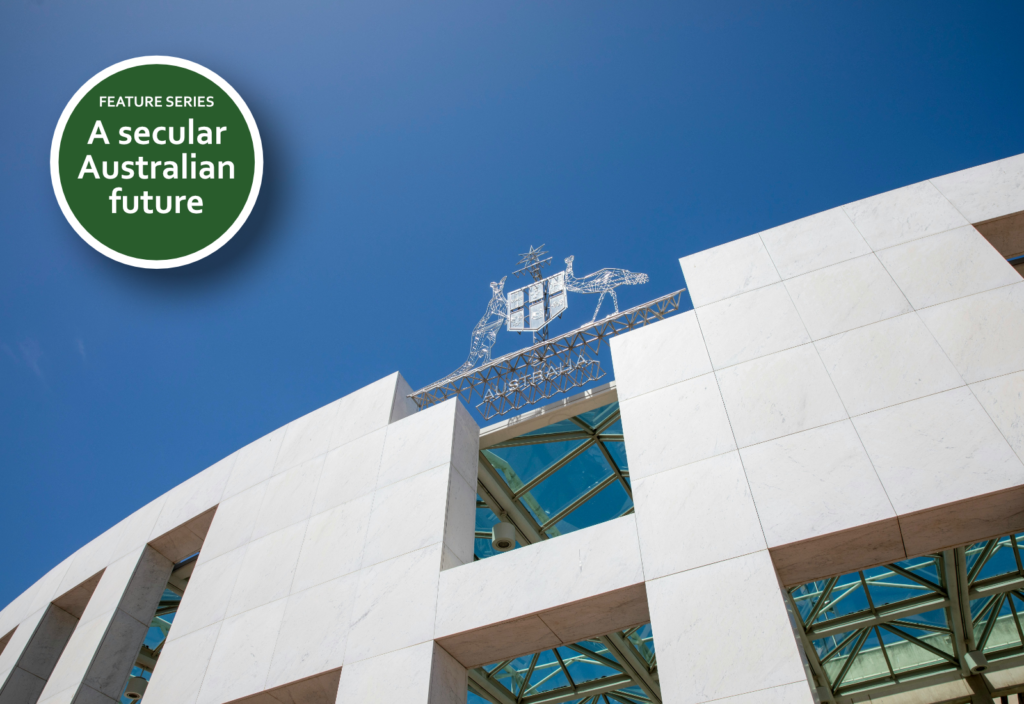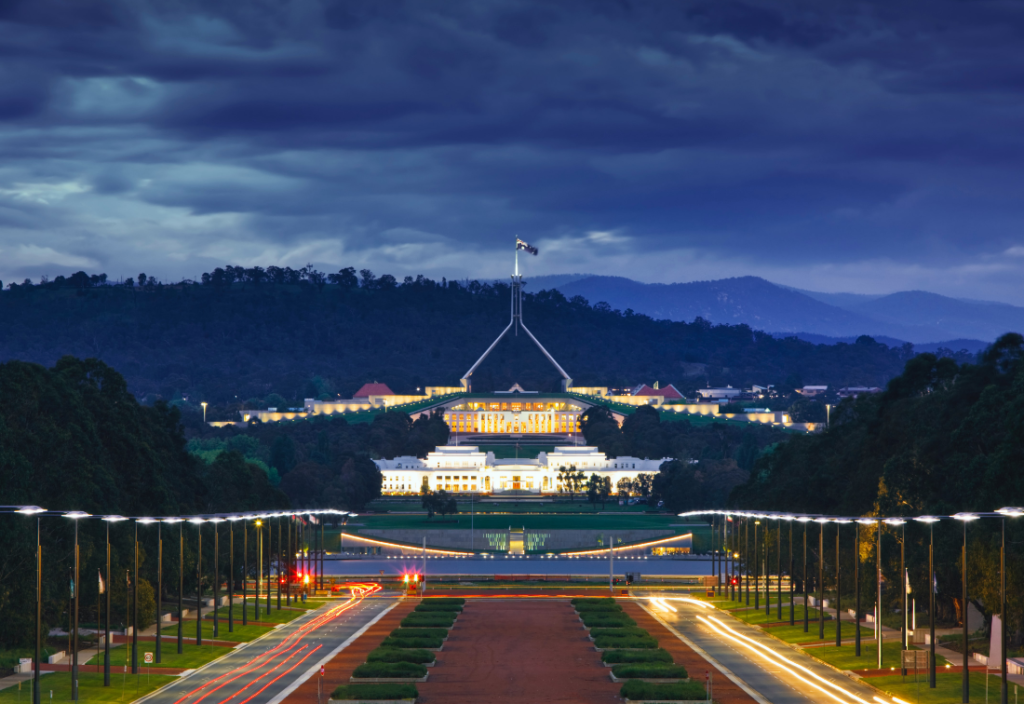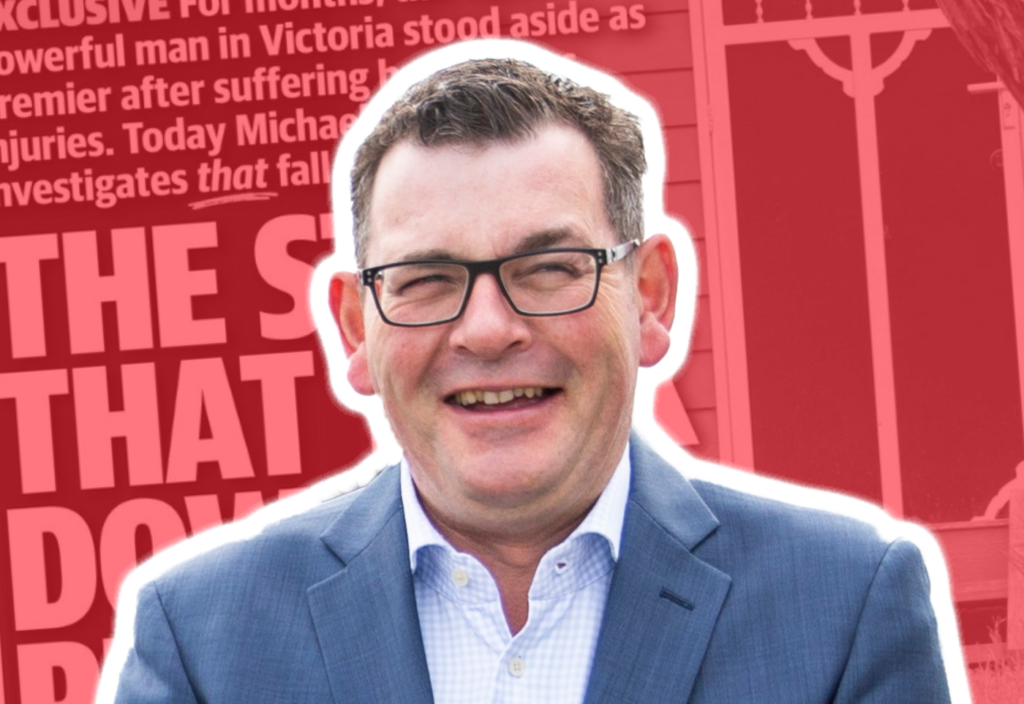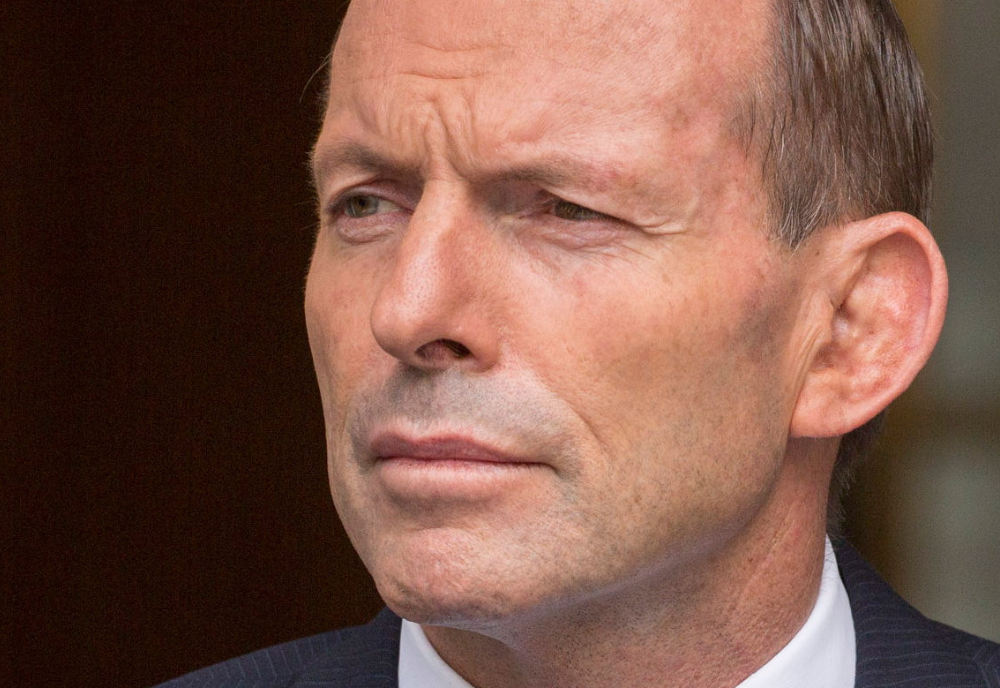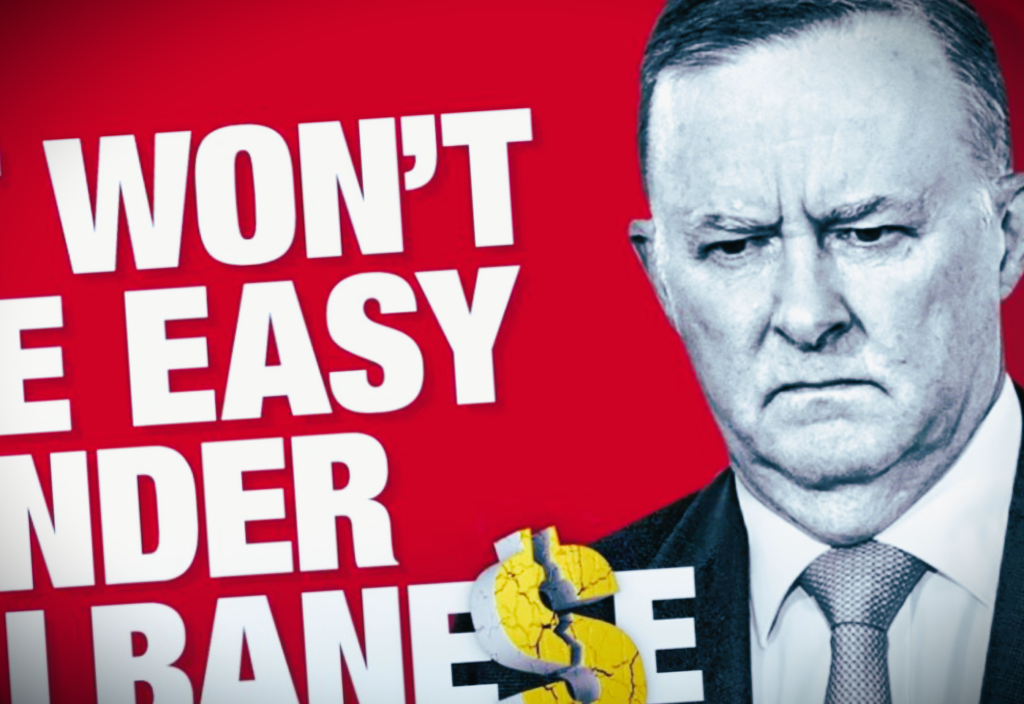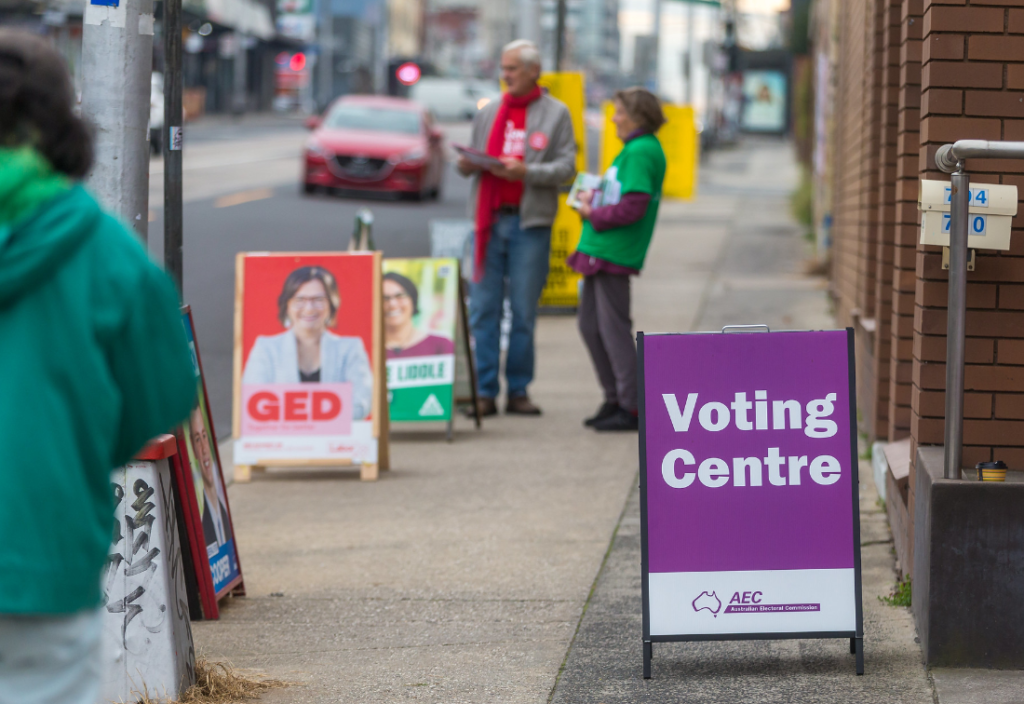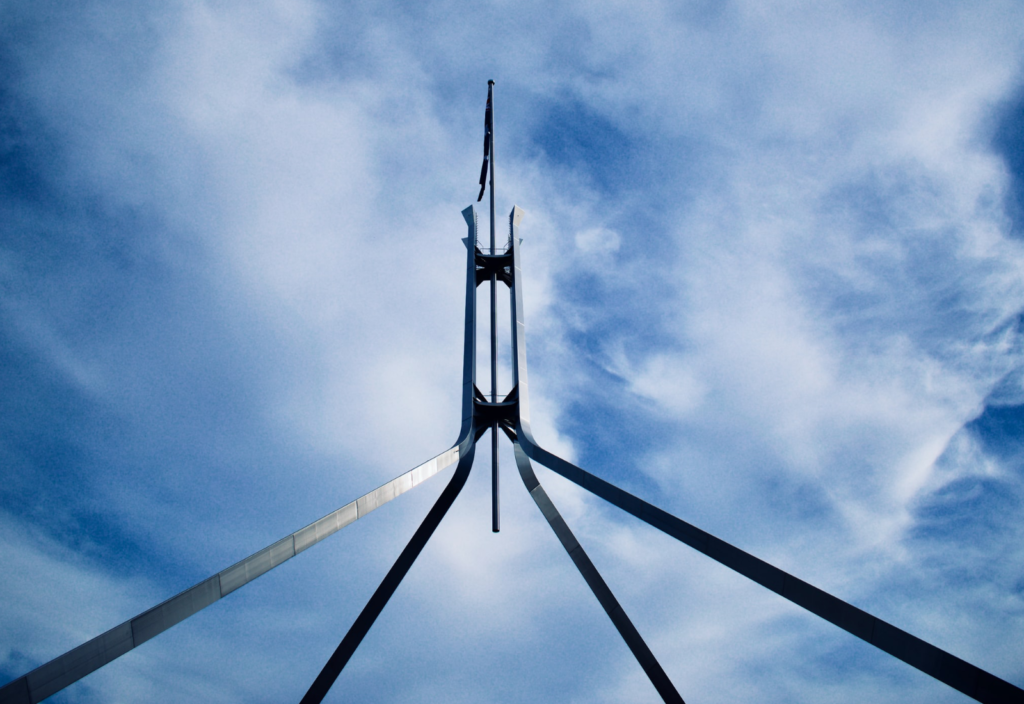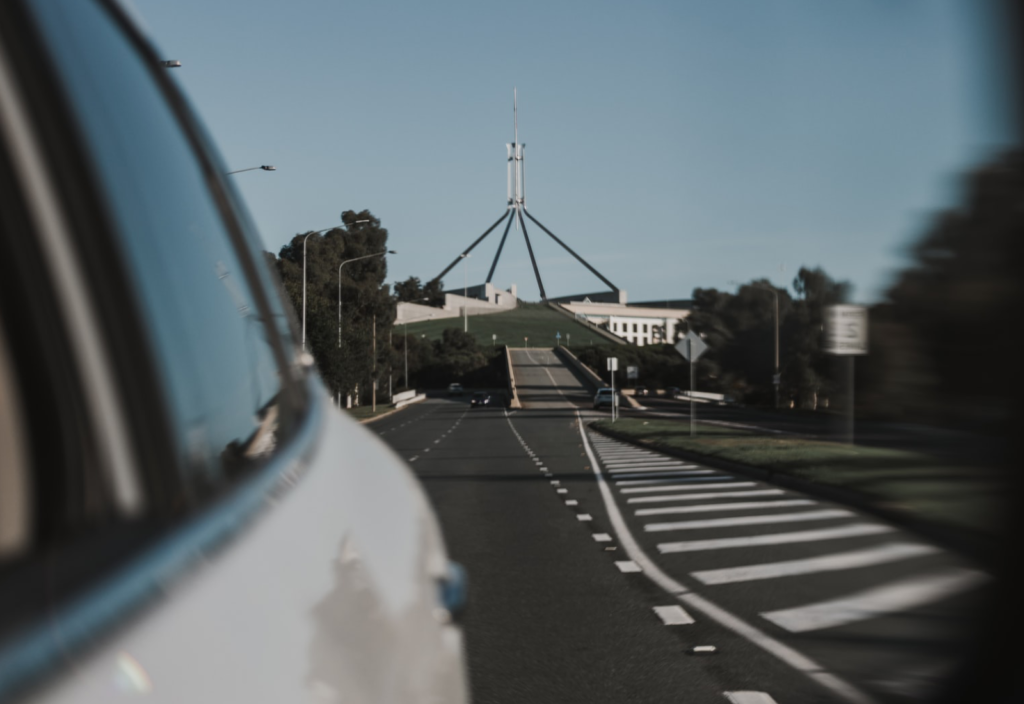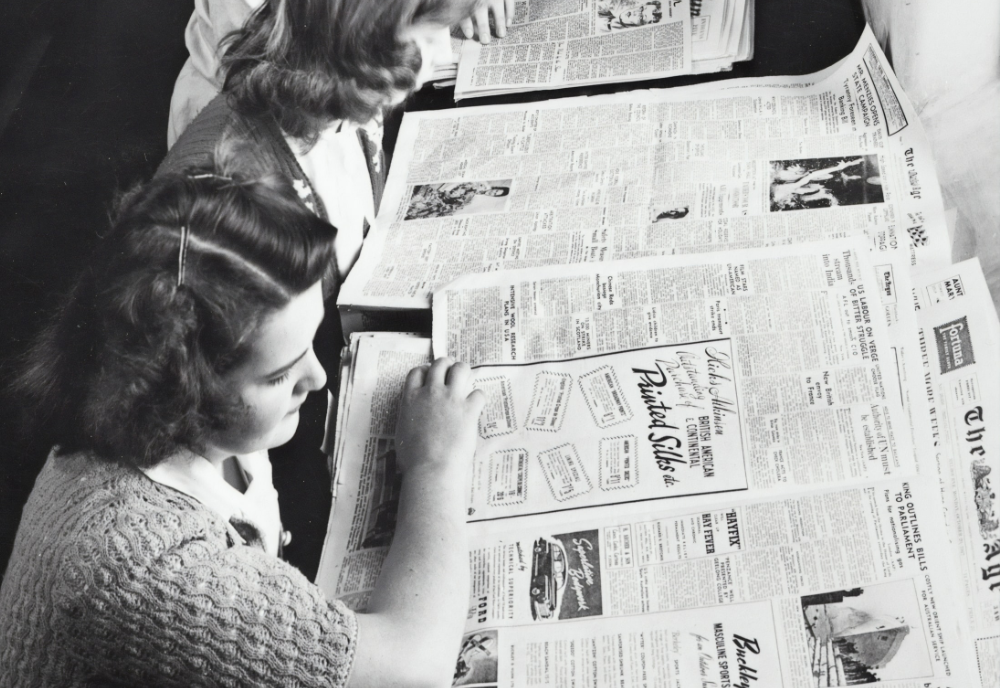Adam Bandt’s appearance at the National Press Club may well be remembered in Australian political folklore for the response to that ‘counter-gotcha’ question in which he urged a budding journalist to “Google it, mate!”
In that same moment, however, the Greens leader said something else that was perhaps far more significant and profound. “Elections should be about a contest of ideas. Politics should be about reaching for the stars and offering a better society,” he said.
Bandt is right. In our federal election campaigns, we’re not getting a contest of ideas. And it’s been that way for quite some time.
In this year’s campaign, we’re not talking about the big ideas and we’re not talking about what we want to change in this country. We’re not talking about what policies are going to be good or bad for us.
Instead, all we hear via the mainstream media are banal statements from the major parties. All that Prime Minister Morrison and the government can dish up is that Labor can’t be trusted with money and has no experience. The Morrison government, meanwhile, will keep you safe from the Chinese, the Russians and the boat people.
All Labor is saying in return is, “We’ll give you an ICAC and we’ll throw a bit of money at Medicare.” But, otherwise, they’re not promising to change much.
Sadly, we’re not getting a discussion about policies and big ideas because Australia’s media is engaged with ‘horse race journalism’. This kind of media reporting during election campaigns focuses on candidates’ mistakes, their strategies and the question: ‘Who’s winning?’
In the opening days of this election campaign, it’s clear that the media’s focus has been on questions such as, “How can Albanese lose? How can Morrison win?” Pretty soon they will be reporting that “it’s neck and neck down the home straight”.
A great explanation of horse race journalism came from Jay Rosen, Professor of Journalism at New York University, way back in 2010 when he was interviewed on the ABC by then Lateline host Leigh Sales.
Rosen: Horse race journalism is a reusable model for how to do campaign coverage in which you focus on who’s going to win rather than what the country needs to settle by electing a prime minister. And it’s easy to do because you can kind of re-use it – sort of like a Christmas tree every year. And it requires almost no knowledge either. It imagines the campaign as a sporting event and everything that happens in the campaign can potentially affect the outcome. So you can look at it as, ‘So how is it going to affect the horse race?’ And every day you can ask, ‘Who’s ahead?’ and ‘What is their strategy?’ And I think this perspective appeals to political reporters because it kind of puts them on the inside, looking at the campaign in a way that operatives do. By the way, I’m told that you actually have a program here on Sunday morning called the Insiders. Is that true?
Sales: We do. We do.
Rosen: And the ‘insiders’ are the journalists?
Sales: That is right.
Rosen: That’s remarkable.
Sales: Basically what you’ve described there is basically the day-to-day reporting of modern campaigns. What would be an alternative model?
Rosen: Well, an alternative model might start with: ‘What do the people of Australia want this campaign to be about? What are the issues that they want to see the candidates discussing? And then to ask each day, ‘Well, how did we do in advancing the discussion of the citizens’ agenda today? Was it ignored? Was it addressed? Was it demagogued? Was it slighted?’ If the journalists helped citizens get their agenda addressed during the campaign, they would be performing something that is actually very important – a role that’s very important for them to do. But instead if they want to simply become chroniclers of the inside game and tell us from the point of view of the professional strategists who’s doing better, well, they’re going to, in a way, join the political class. And that’s the attraction of course.”
So much for Professor Rosen’s alternative model. Based on what we’ve seen from the opening days of this election campaign, it’s clear that many journalists in Australia’s mainstream media, including those at the ABC, are engaged in horse race journalism.
Unfortunately, there is no easy solution. The Murdoch and Costello media outlets no longer do proper journalism. They are newsletters and mouthpieces for conservative governments. Promoting and discussing policy is often against their interests, and the interests of their owners and advertisers. If they occasionally delve into reporting on policy, they will shamelessly distort and mislead.
Until recently, it has been the role of the ABC to provide independent analysis of policy issues. However, the ABC’s standards have dropped, and the ABC is now yet another race caller.
The public is now in a position of having to seek out and rely on independent media organisations, such as the John Menadue blog, Crikey, Michael West Media, Friendlyjordies and various other bloggers and podcasters. If you want to help democracy and promote the discussion of policy, then you should encourage your friends to have a look at what these small independent groups are doing.
Far from reaching for the stars, this federal election campaign is not giving us the policy debates that we as a country need. But someone will win the race.
If you wish to republish this original article, please attribute to Rationale. Click here to find out more about republishing under Creative Commons.
Photo by Jeff Griffith on Unsplash.

